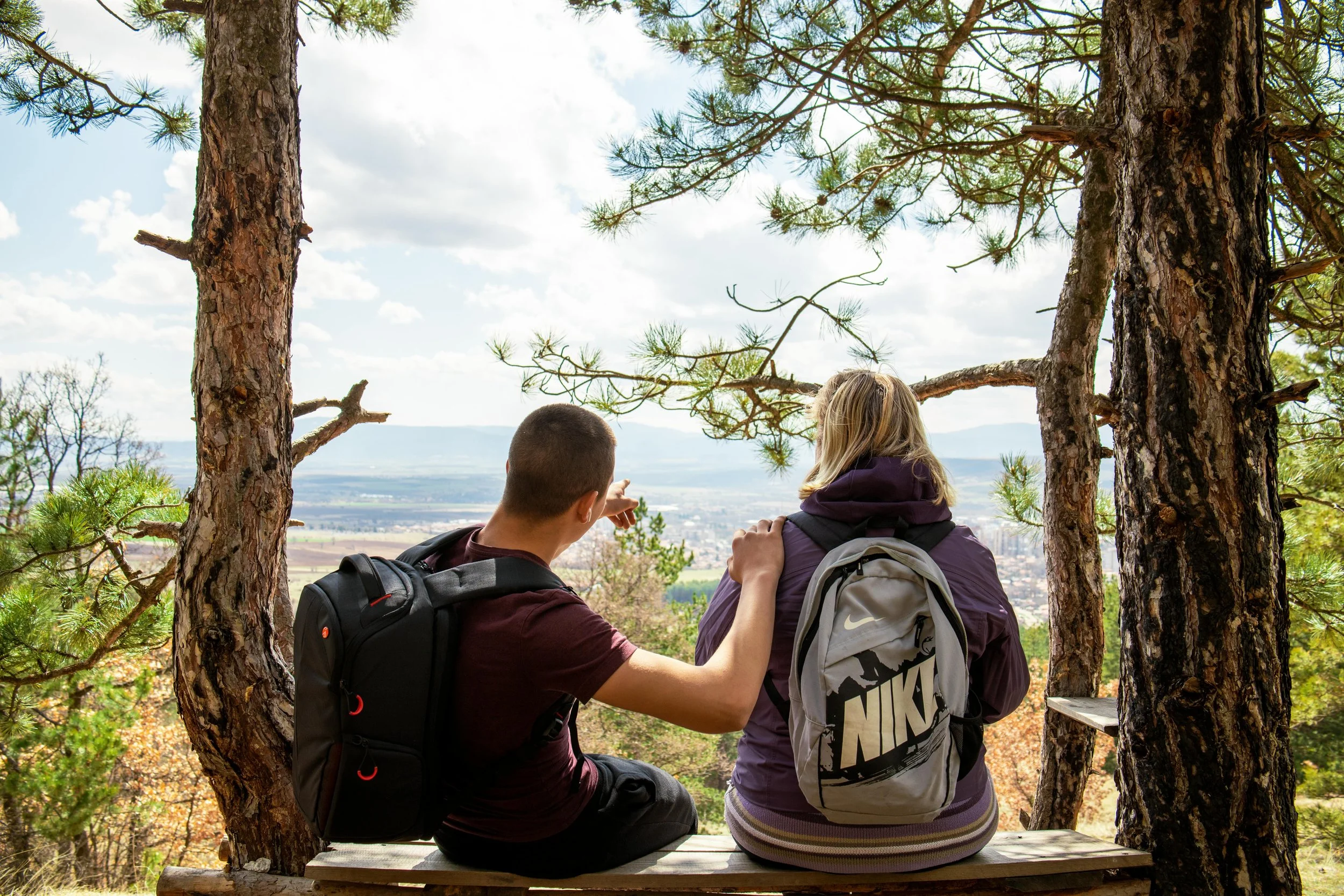Walking Beside Them: Love That Grows and Changes
There was a time I thought I had to lead everything.
As a mother, that felt natural. I believed if I stayed steady, stayed strong, and kept things organized, my loved one might feel more grounded in his recovery. I attended my own AA meetings, immersed myself in family support groups, devoured recovery literature, and listened to countless podcasts. I was doing everything I could to understand, to help, to be useful.
And then, without fanfare or a big realization, something began to shift.
My loved one became immersed in recovery—fully, intentionally, and with heart. He was attending multiple meetings a day, surrounded by people whose wisdom was shaped by years of lived experience. And somewhere along the way, I began to notice that I was turning to him for insight. Not as a child. Not as someone I needed to guide. But as someone who had something important to offer.
It wasn't something I set out to do. It just evolved, gently and honestly. I'd ask, "What have you been thinking about lately?" or "What have you heard that helped you?" And his answers stayed with me. I found myself applying them to my own life.
Our relationship was changing. Not because we forced it, but because we were both growing and making space for that growth in each other.
We grow by allowing the shape of things to shift
I used to think I had to manage everything. That if I wasn't in charge, something might fall apart. But over time, I learned to step back not because I gave up, but because I began to trust the process. And I began to trust him.
This quiet shift didn't happen just with my loved one. It's something I've felt with my daughter, too.
She can teach me a million things about fashion, makeup, and pop culture, but it's the deeper things that I value most. She's 19 in a world that's not the same as it was when I was her age. She shares her thoughts, her questions, her observations about life, and I listen closely. She's helping me understand her generation and how the world looks through her eyes.
Both of my children have taught me things I didn't even know I needed to learn. And that's what keeps me waking up each day not afraid, but open. Eager to grow. Grateful that I still get to.
Now we work alongside each other
We are connected through the work we do and the mission we share. I see my loved one stepping into his own leadership, building trust, holding space for others. And there are times when I find myself asking for his advice sometimes because I am uncertain, sometimes because I simply value what he knows. I'm still learning to be comfortable with not having all the answers.
I used to think that parenting meant always leading. But I've come to understand that real connection asks us to walk alongside each other, letting the relationship change as we change.
Not suddenly. Not dramatically. Just gradually. Just naturally.
Letting love grow the way it's meant to.
Recovery has taught me that love isn't static. It doesn't stay in one shape. When we stop holding so tightly to the roles we once played, we make room for something even more meaningful: relationships grounded in mutual respect, shared growth, and love that keeps unfolding.
There was no big turning point. Just trust. Just time. And the grace of letting love evolve.
An Invitation to Let Go, Gently
If you're supporting a loved one in recovery, I invite you to watch for these subtle shifts in your relationship. Notice when they offer wisdom that surprises you. Pay attention to the moments when you find yourself learning from them. These are sacred opportunities—chances to step into a new kind of connection that honors both who they were and who they're becoming.
Don't be afraid to be curious about their recovery journey. Ask questions:
"What have you learned lately that's helping you?"
"What insights from your recovery could help our family grow?"
Ask about their experience working through the Steps—what it's like facing the inventory process, making amends, or developing a spiritual practice. When we open ourselves to their experience, genuinely wanting to understand rather than control, we create space for authentic connection. Your willingness to listen can be a powerful affirmation of their growth.
The journey of recovery isn't just about our loved ones finding their way back to health. It's about all of us learning to relate differently, to connect more honestly, to grow more gently, and to meet each other where we are.
And in that shared evolution in the choice to walk beside rather than lead we find something lasting: love that adapts, respect that deepens, and the quiet kind of hope that carries us forward.
